
There are a lot of problems with Game of Thrones at the moment. As a fan who’s read the books they’re based on I can see how incredible this show can be and how far they’re missing the mark, which is a tremendous shame. The showrunners know the end is in sight and they’re racing to the finish line, ticking off upcoming character and plot points as they go along but seemingly not stopping to think whether what they’re doing is working. For example: Sansa Stark’s rape.
In the books, Sansa is still kickin’ it up at the Vale and is betrothed to its secret heir, Harold Hardyng. She’s nowhere near the North and her virginity is very much in tact. Not so much in the show, however. In Season 5 she was betrothed to Ramsay Bolton, and on their wedding night he raped her and forced Reek to watch. The scene was perhaps the most controversial the show has ever produced, causing a drop in ratings and several people to announce they were dropping the show. The episode in question (Unbowed, Unbent, Unbroken) boasts the lowest Rotten Tomatoes score out of all fifty episodes – 56%. Ouch.
It seems that the man behind the king we all loved to hate, Jack Gleeson, is also a little worried about the direction the show is heading. Since Joffrey was so graciously killed off in Season 4 the actor has completely dropped out of Hollywood and doesn’t even watch the show anymore. Instead he’s producing a touring puppet show with some college buddies, which sounds like the perfect way to cap off four years on the biggest show on the planet. Speaking with The Daily Beast, Gleeson was asked about the accusations of mysogyny against the show and about scenes which were difficult for him to film.
“Yeah, of course; it’s a tricky thing when you are representing misogyny in that way because I wouldn’t
say the show ever implicitly condones misogyny or any kind of violence towards women. But, perhaps, it’s still unfair or unjust to represent it even if the gloss on the representation is a negative one.”
“Obviously as a 23-year-old man, I can never put myself into the mindset of a woman who has been sexually assaulted, but I think that sometimes you have to represent awful things happening onscreen even if they’re for entertainment because you have to expose the brutality of them, because the chances are you’re not going to see that anywhere. So there’s a chance it engages some kind of empathy but it is a gray area. It might be very traumatic and stressful to watch those scenes.”
“I think it’s always how you represent that kind of treatment: Are you in some way making it cool, or are you making it into an entertainment product, and is that wrong? Or are you doing it in order to expose the problem of sexual assault? I haven’t seen the scene, so I can’t say.”
He sounds like a very intelligent young man and raises some interesting points. As for what it represents, it isn’t supposed to be any of the above – it’s supposed to represent realism. I side with George R.R. Martin on the matter; to omit rape and sexual assault and all the other nasty things of the Middle Ages from this story is dishonest, because it really happened and was a common occurence. That lends itself more to a book format than a television one, which is why the books haven’t drawn as many complaints in that regard (I wouldn’t say so, anyway), but how do you present a rape scene on the show without appearing to glorify it in some way? The best answer is to play it naturally – just how they did with Sansa.
However, people were getting angry for the wrong reasons. The problem isn’t showcasing rape as a subject; the problem was how it happened to Sansa and how that affected her character. While it makes perfect sense for Ramsay to try and rape her it doesn’t make sense to bring her character back to where she was in King’s Landing. The writers avoided that by “empowering” her, but there was very little empowerment going on and it cheapened the scene overall. What I would have preferred to see is an attempted rape of Sansa, but she stops him and seduces him instead. This would establish that she is in control and has the ability to manipulate Ramsay, rather than the other way around.
Besides, sexual violence has been done many times in the show before. Joffrey forcing Ros to beat another whore, Theon’s castration, the treatment of the villagers by the Dothraki – just to name a few. That doesn’t mean that the subject is a necessity for Game of Thrones but it lends to the realism of it, which is why everybody fell in love with it in the first place. People die. Heroes lose. Villains win. People are raped. Some argue that this makes the story a nihilistic one, which is true to an extent as Martin very much presents these matters as absolute to begin with. However, as it progresses glimmers of hope shine through and you get the sense that things can change. That is the true beauty of the books which has yet to be captured on screen. D&D seem to have interpreted them as “evil things happen and that’s just the way it is,” meaning an increase in the number of dark and controversial moments on the show, when in actuality those dark moments exist in the books not only to create a realistic fantasy but also because without darkness nobody can hope for a better tomorrow.
But hey, what do I know?

 say the show ever implicitly condones misogyny or any kind of violence towards women. But, perhaps, it’s still unfair or unjust to represent it even if the gloss on the representation is a negative one.”
say the show ever implicitly condones misogyny or any kind of violence towards women. But, perhaps, it’s still unfair or unjust to represent it even if the gloss on the representation is a negative one.”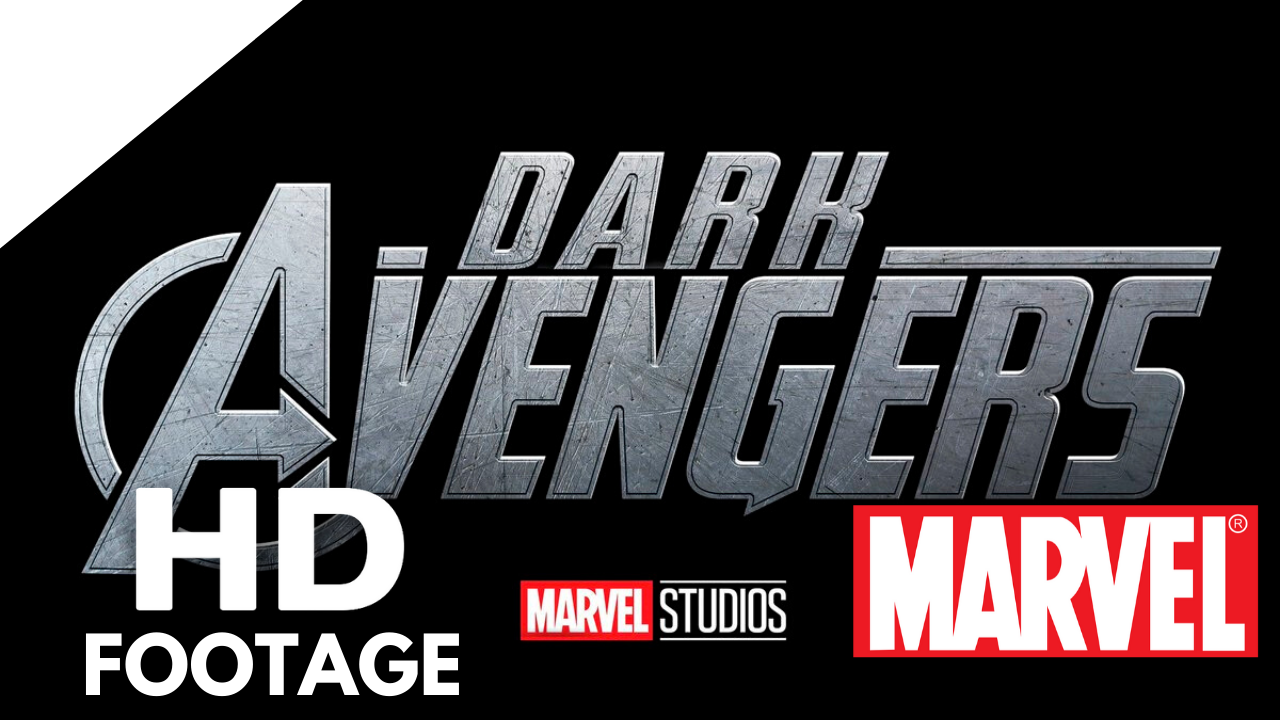
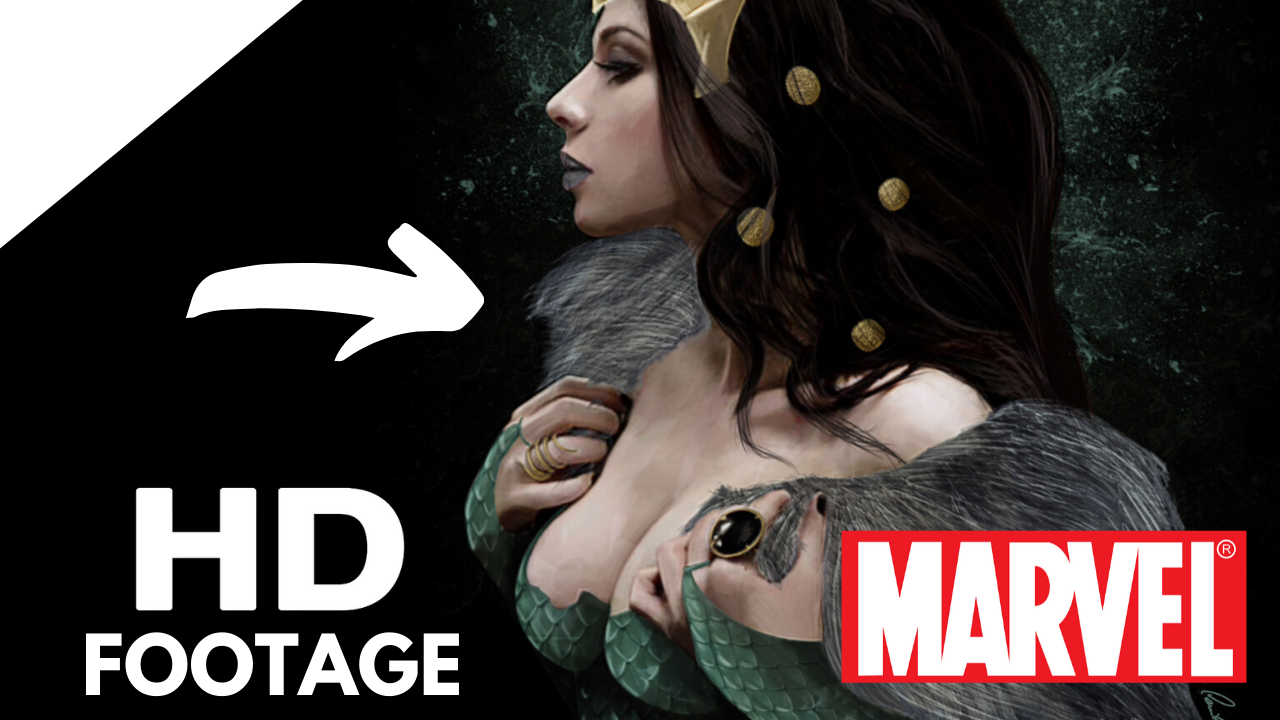
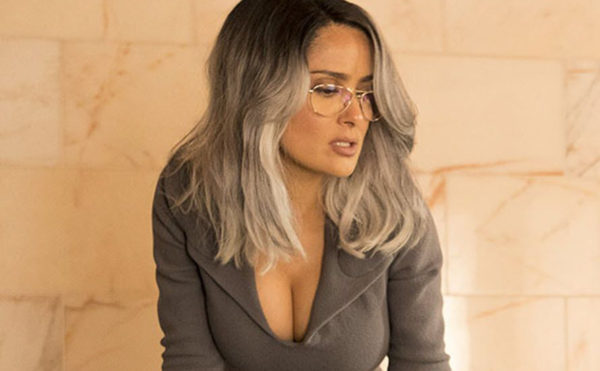
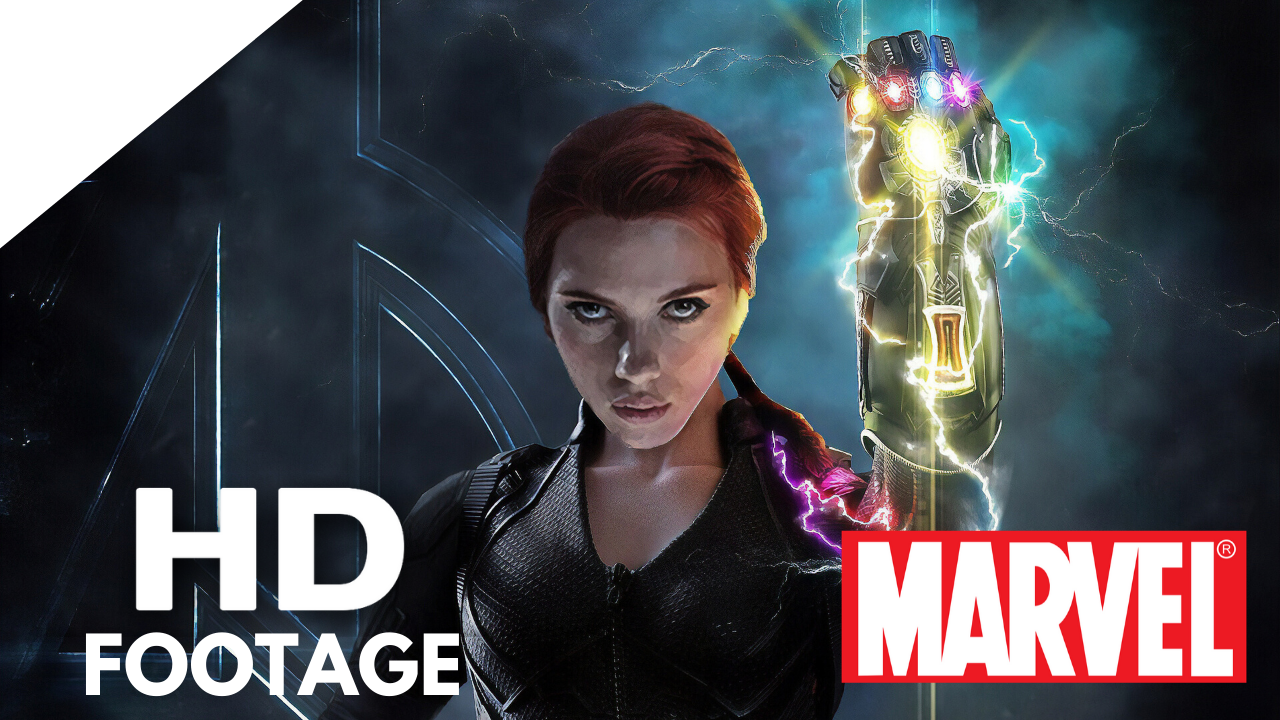
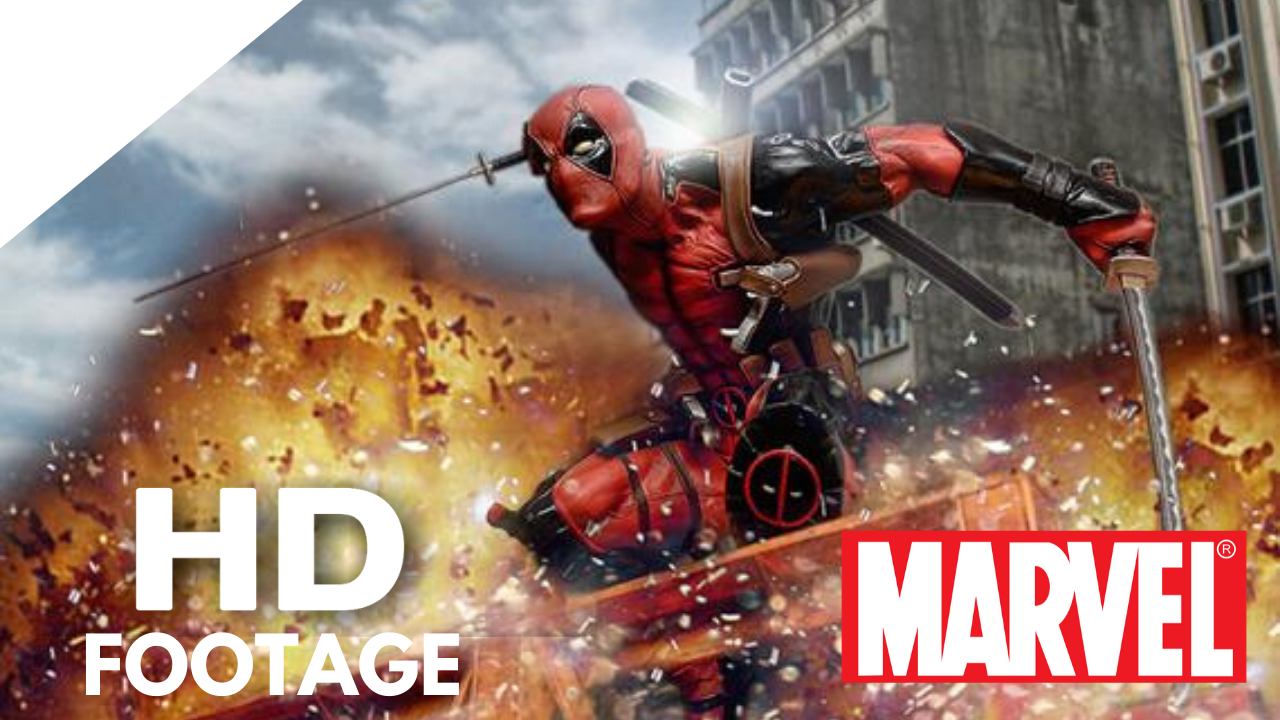
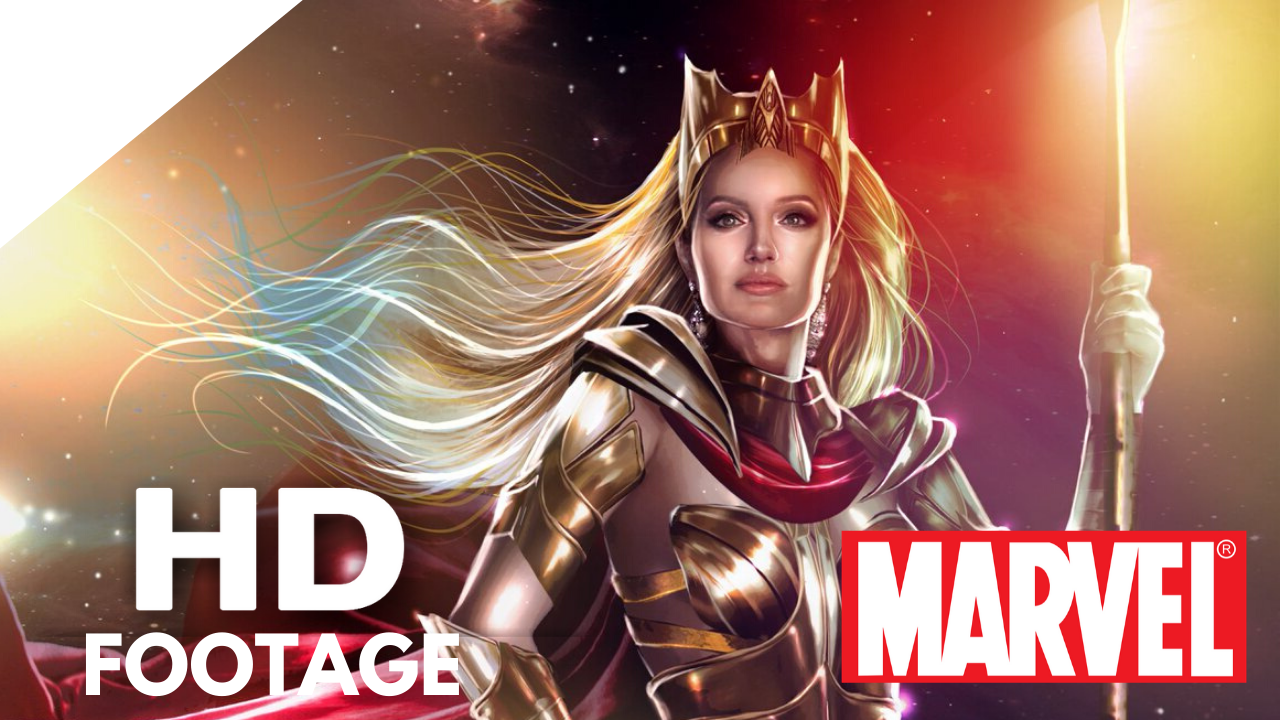
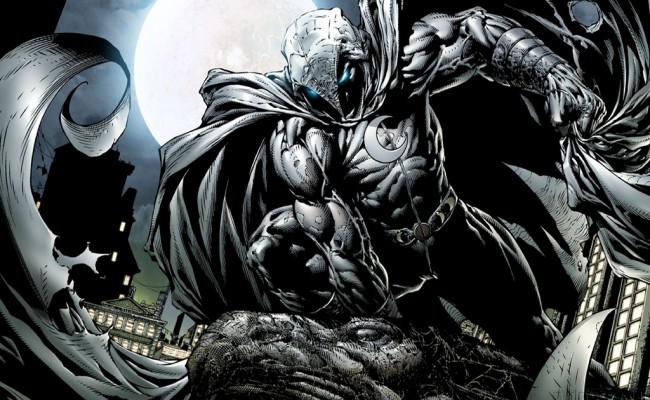
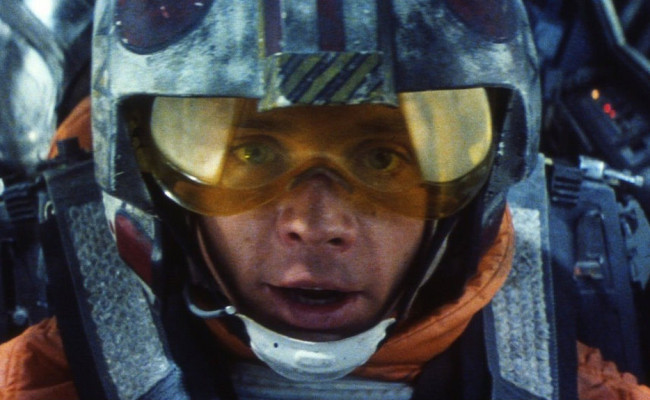
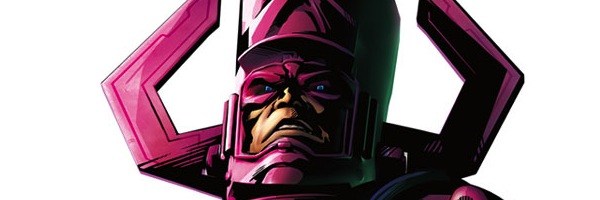
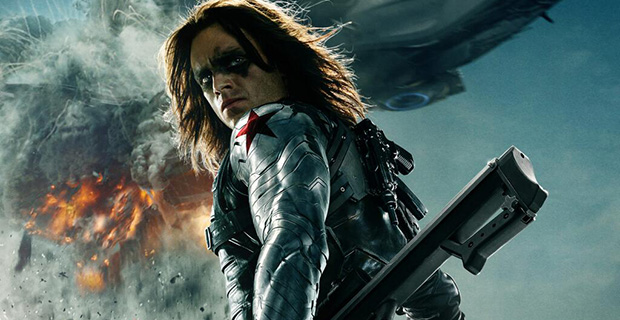
S#!T Talking Central